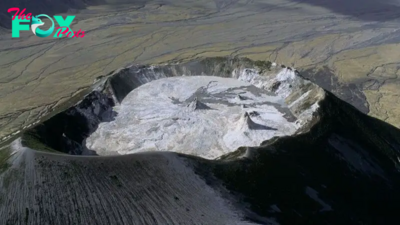Science
Sahara desert hit by extraordinary rainfall event that could mess with this year's hurricane season
An unusual deluge of rain is hitting the Sahara, one of the driest regions on Earth. It's unclear exactly why the desert is experiencing so much rain, but it could be connected to an especially quiet Atlantic hurricane season, scientists say.
The rain is so heavy that some usually dry regions of North Africa are now experiencing monsoons and flooding, with parts of the Sahara predicted to see five times their average September rainfall.
Precipitation in the Sahara overall is not completely uncommon — the region is huge and diverse, and some parts often receive small amounts of rain, Moshe Armon, an atmospheric scientist at the Federal Technical University (ETH) Zürich, told Live Science. But now larger portions of the Sahara are being inundated, including areas further north where it's usually drier, Armon added.
Some scientists suggest this is part of Earth's natural climate fluctuation, while others say it's a product of human-induced climate change. "The answer is probably somewhere in between," Armon said.
Related: Gulf Stream's fate to be decided by climate 'tug-of-war'
This climatic shift in the Sahara may be connected to a weaker Atlantic hurricane season. This year's hurricane season has been quiet so far, despite predictions early in the summer of severe hurricane activity due to high ocean temperatures. Meteorologists noted this was the first Labor Day weekend in 27 years without a named storm forming in the Atlantic.
Over half of named storms and 80% to 85% of major hurricanes in the Atlantic each year usually come from the region just south of the Sahara, Jason Dunion, a meteorologist at the National Oceanic and Atmospheric Administration (NOAA), told Live Science in an email.
-

 Science3h ago
Science3h agoSpaceX Launches Polaris Dawn Mission in Daring Bid for First Private Spacewalk
-

 Science8h ago
Science8h agoIs There a Future for Boeing’s Starliner After Failed Mission?
-
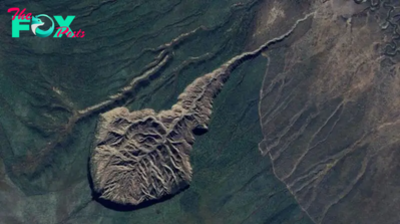
 Science11h ago
Science11h agoGateway to the underworld: The enormous permafrost 'megaslump' in Siberia that keeps getting bigger
-

 Science16h ago
Science16h agoAncient relative of 'living fossil' fish reveals that geological activity supercharges evolution
-
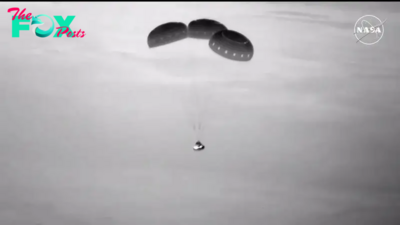
 Science16h ago
Science16h agoAstronauts would have been fine on Boeing's Starliner during landing, NASA says
-
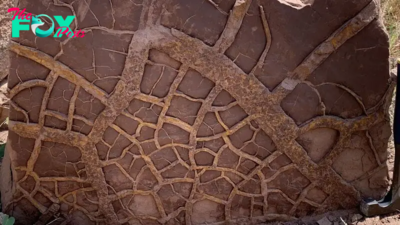
 Science22h ago
Science22h ago'Mega' El Niño may have fueled Earth's biggest mass extinction
-
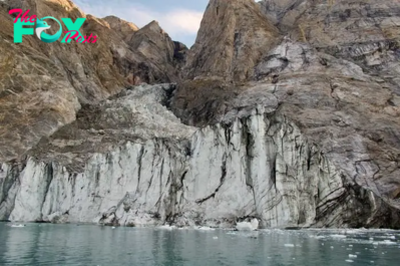
 Science1d ago
Science1d agoMysterious 9-day seismic event was caused by a mega tsunami bouncing around inside a fjord, study reveals
-

 Science1d ago
Science1d ago'Exceptional' eclipse image and stunning 'Dolphin Head nebula' among 2024's Astronomy Photographer of the Year winners
